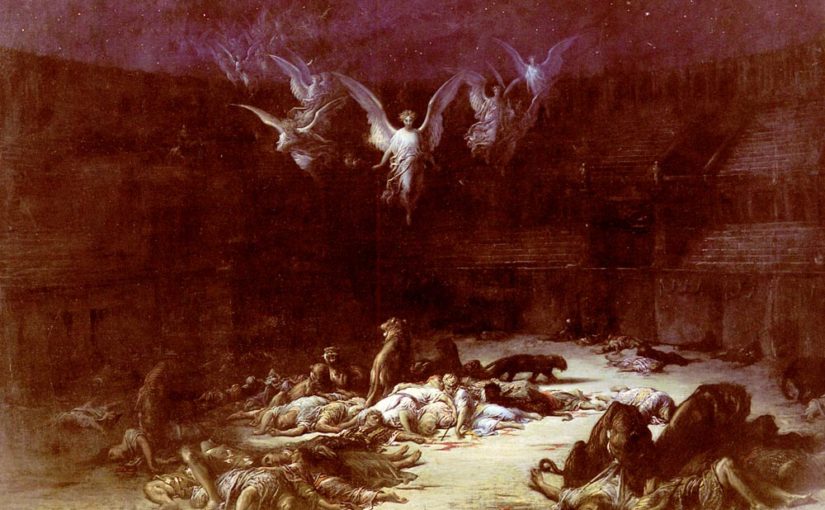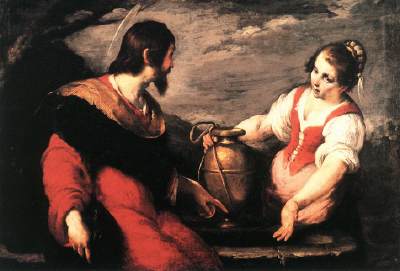He is the image of the invisible God, the firstborn over all creation.
Colossians 1:15
Long, long ago… there wasn’t even a galaxy far, far away. There was nothing as we know it now, not a planet, not a star, not a constellation. But there was God and He had His own separate dimension filled with Living Creatures, Cherubim, Seraphim, and a whole host of angels. There was a celestial city where the throne of God was placed, but nothing more than that has been revealed.
At the starting point of time, God invented visible light and probably the whole electromagnetic spectrum with radio waves, X-waves, and gamma radiation. Our universe then officially started. The Creator went on to make solids, liquids, and gases and formed them in a myriad of ways, making galaxies and nebuli. He must have had fun making whole new worlds, because He made so many.
The Almighty is not matter or energy, but He played with them. Often when He approached His creation on earth He would dress Himself in light and people would refer to that as the Glory of the LORD. After designing and constructing the male human prototype and his female companion model, God put on physical form so He could walk and talk with mankind.
God was never created and Jesus was over all Creation long before He was born in Bethlehem. The title Firstborn refers to chronological order. By Christ “all things were created that are in heaven and that are on earth, visible and invisible, whether thrones or dominions or principalities or powers. All things were created through Him and for Him. And He is before all things, and in Him all things consist” (Colossians 1:16-17). In short, the Son of God is the Firstborn over All Creation.
False witnesses try to confuse Christians by saying that this title means that Jesus was the first creature God created. Nothing can be further from the truth, because the Lord Jesus is God. His deity is obvious when the whole section is read in context (Colossians 1:9-18) and the conclusion is “that in all things He may have the preeminence.”
November 24









